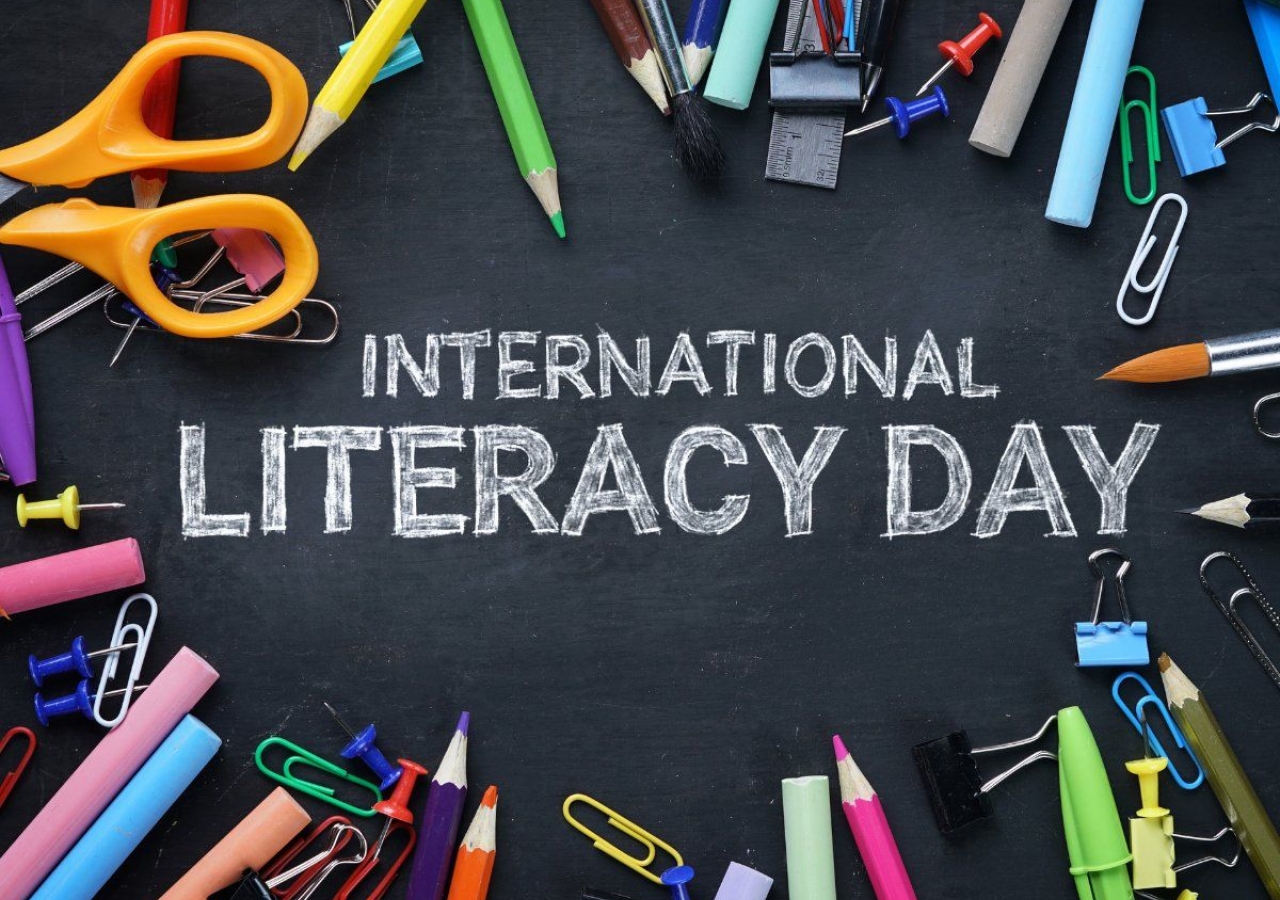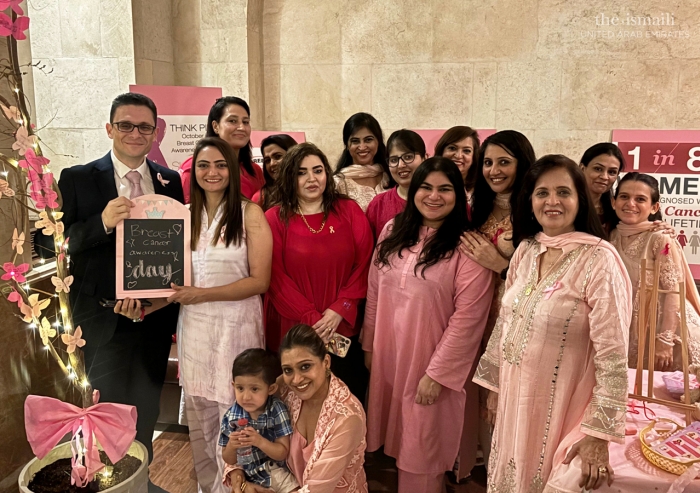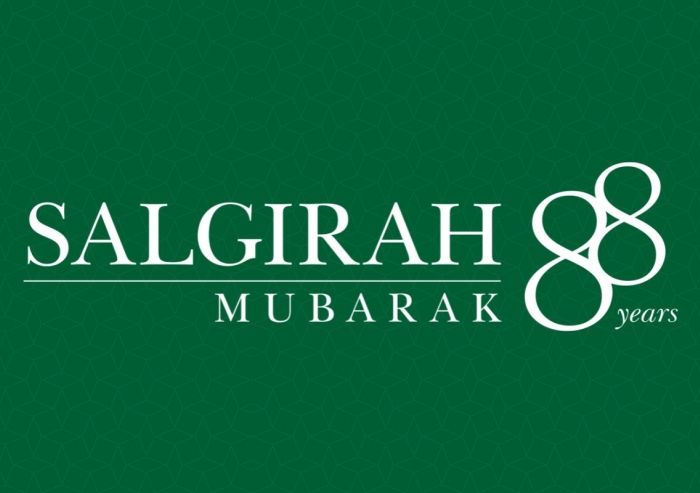Literacy is a term with many meanings, the principal ones being the ability to read and write, and having knowledge and competency in a specified area. When it comes to health, literacy is a determining factor in ensuring good health. Hence, ‘health literacy’ is defined as the degree to which individuals have the capacity to obtain, process and comprehend basic health information required to make appropriate health decisions.
As part of observing International Literacy Day, the.ismaili UAE reached out to two qualified health professionals within the Ismaili community, Dr. Mohamud Verjee, and Dr. Mashal Babar, to discover their views regarding the importance of ‘health literacy.’
Dr. Babar commented that “the pandemic has magnified the importance of each individual to focus on their own personal health care, and awareness. However, it has also increased the level of anxiety in certain segments of people who are now obsessed about it.” Therefore, while knowledge and information are crucial, one should also be wary of false information. Dr. Verjee simply puts this as, “good news travels fast, but bad news travels even faster.” He reminds us to rely only on trusted sources to gather information and choose doctors who are knowledgeable and communicate well.
Health practitioners carry a huge responsibility in promoting health literacy by ensuring that their patients are well-aware of their own health conditions. In their own clinical practices, Dr. Babar and Dr. Verjee use various methods to communicate relevant information to their patients. Dr. Verjee stresses the importance of allowing patients the freedom of choice in making their own decisions. “You don’t want to scare people by insisting you do this or else. Neither does the populace like to be told what to do, as they like to exercise their own choices.” Dr. Babar also spoke of the importance of relevance, as she explained that medical practitioners, “need to identify how much their patients can understand and comprehend.”
Ismaili health care professionals have stepped up their voluntary efforts to communicate relevant information to assist the community in managing their personal health from a preventative and proactive approach. “It is very important that health professionals are truthful, transparent, and consistent” shared Dr. Verjee. “Information has to be disseminated to the community by people who are trustworthy, experienced, and knowledgeable, so that changes and modifications are explained clearly and concisely.” The health portfolio offers “lectures, and seminars for the Community” shared Dr. Babar. “We have information sessions and health meetings to discuss the best ways to look after health,” added Dr. Verjee.
Technology is another aspect of health literacy. Understanding how to use apps and tools result in positive benefits. Therefore, people should also learn to use technology to their maximum advantage.
Although medical professionals and the wider community are responsible to ensure that people are well-aware and well-informed, the primary responsibility lies with the individual. People who choose to educate themselves about health make better health decisions, including following the necessary guidelines issued by their doctors. This has been particularly evident in recent times, as people who are ‘health literate’ are able to comprehend general guidelines as well as decipher the urgency and importance of the circumstance they may find themselves in.
In conclusion, it is essential to educate yourself in both physical health and mental wellbeing. Dr. Babar emphasised the importance of monitoring and maintaining mental health, as it is still being ignored by many who consider it to be a stigma. In addition, Dr. Verjee shared the importance of listening to the guidance of His Highness the Aga Khan, in terms of regular check-ups and taking care of one’s health. The motto “You are your own responsibility” is very well-suited at this time and for the future.
Related Articles
Important Links
The Ismaili Imamat is a supra-national entity representing the succession of Imams since the time...
Each year, in collaboration with its partners, the AKDN provides 5 million people with quality...
The Institute of Ismaili Studies was established in 1977 with the object of promoting scholarship...








